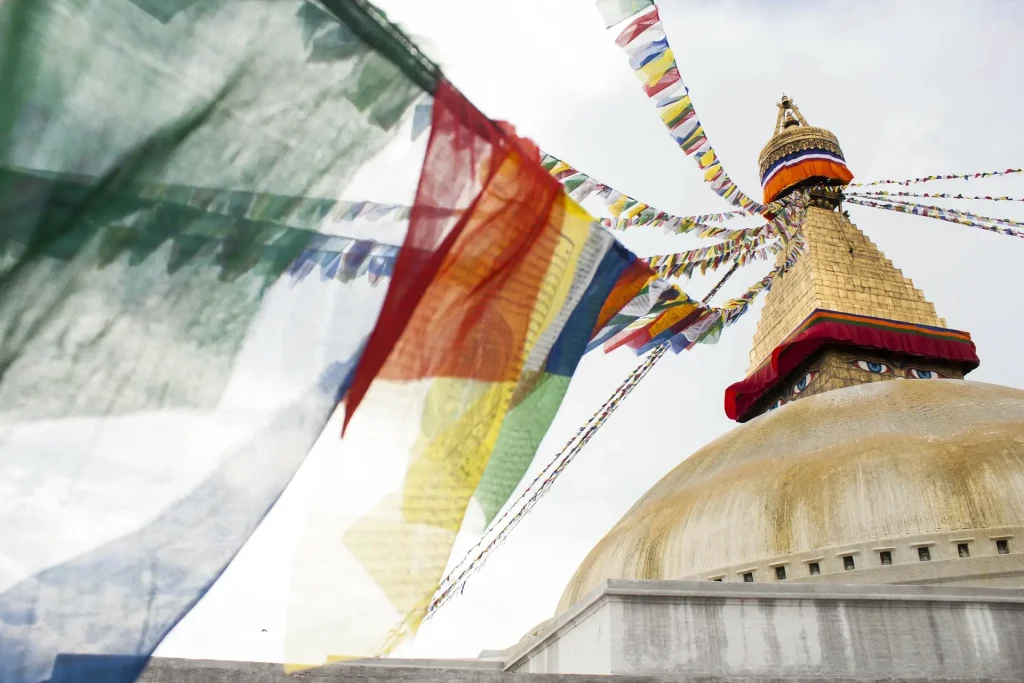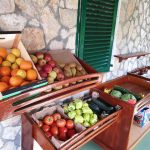As RTL/Sib.hr writes, large numbers of Indians, Filipinos, Thais and many other foreigners are currently working in Croatia. In the City of Osijek, for example, is home to as many as 80 Nepalese nationals. Their homeland lies a distant 6000 kilometres from “Kruasija”, as they call this country, but even without mountains and temples to speak of in flat Slavonia, Osijek Nepalese residents still somehow feel quite at home.
They manage to save part of their salaries and send it home, too, as is a common practice in such cultures where taking care of family is paramount. Croatian reporter Tin Kovacic found out all about how these Osijek Nepalese residents live, what they eat and just how they find life in the often overlooked Eastern part of the country.
If you type in Nepal on Google, you will see that you need to travel 6,000 kilometres (and a half) of the globe to arrive there from Slavonia. These 80 Nepalese nationals did just that, but in the opposite direction. They travelled half the world to get a job in an Osijek company that produces plastic packaging. They came legally through an agency and they pay for their health insurance, their pensions, all of their taxes and earn a living. This is what their work day looks like on the production line:
“I work here for about eight hours a day. It’s not hard,” Dilbach says.
They have a completely equal status with their 500 fellow Croatian nationals working here.
“They’re very valuable workers. They want to help us. They’re good work colleagues,” says Aleksandra Peric, who is from Osijek.
After work, they like to walk around the city, which is where Tin got better acquainted with these Osijek Nepalese residents, who switched their climate for a home along the Drava. Osijek and Croatia have not been unknown places to them for the past three years.
Sunil Bam says:
“My friends have been to Croatia before. We talked about it and corresponded. They told me that Croatia is a good country. If you want to come here, Croatia is the best place.”
In that Asian country, they are mainly engaged in agriculture, and Nepal continues to be one of globe’s poorest countries. The average salary there is around 1,300 kuna per month, and here they have all of their accommodation and food paid for, and they earn around 5,500 kuna each month. A handsome increase.
“Oh yeah, we get more money here than we would back home. And every month when we get paid, we send a portion of it back home to our families,” Bam says. For some, the plan is to earn enough and return to Nepal, and for some, to bring their family here and stay and live and work in Croatia permanently, as it seems the Slavonian temperament suits them best.
“Yes, I love the people here. They’re very friendly and polite,” says Manoj Achary.
Slavonian food is not foreign to them either, he adds, although they still like to cook their own traditional chicken and rice. The Bam confirmed that all food and accommodation is provided by their employer, but despite that, they still love to cook their own Nepalese dishes that they know so well. They have, however, tried some Slavonian food, comically describing ”something that looks like sausage.”
These Osijek Nepalese residents also know how to make a good lunch, according to Achary:
“We come into town and we drink your beer. Then we go to the Drava river, then we head back home,” said Achary, who said he has grown to like local beer a lot. They naturally have the most problems with the notoriously difficult Croatin language, but they are attending Croatian classes and have mastered the basics. In order to get along as well as possible, they founded the Association of Friends of Nepal. The City of Osijek is also helping them out, organising various gatherings through the local plan for the integration of migrants, and even though they prefer volleyball and cricket, they’ve visited the Osijek Football Club.
For more, make sure to check out our lifestyle section.









